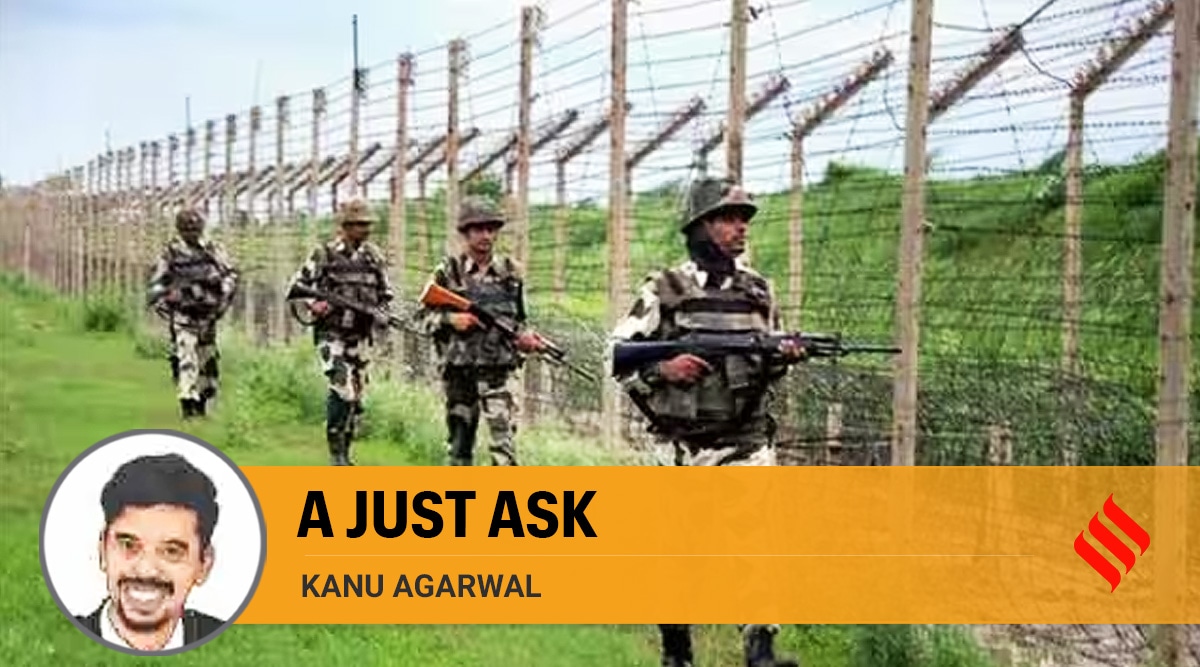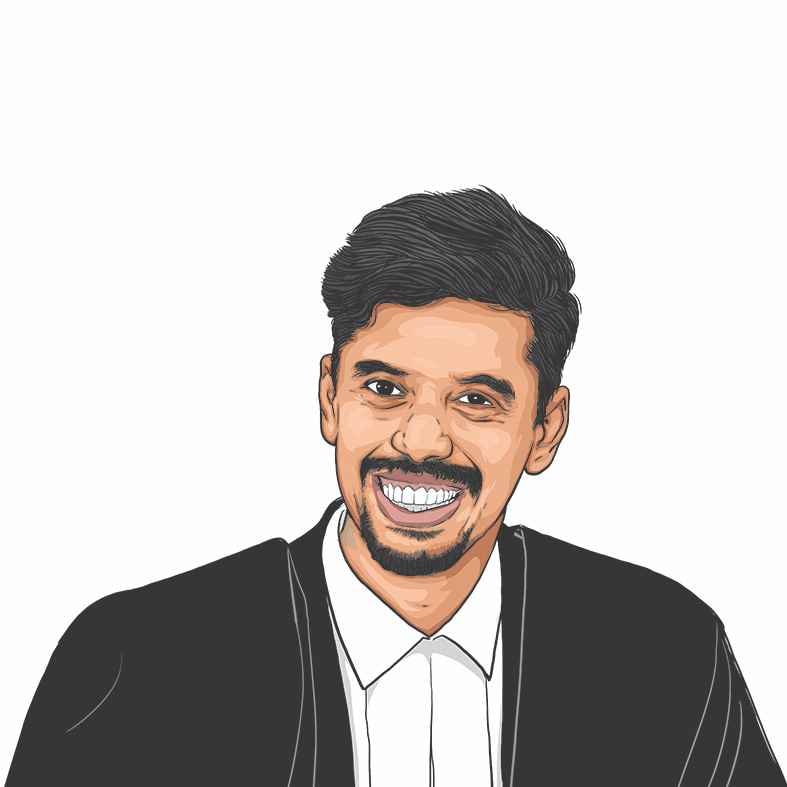Opinion The Supreme Court is not wrong, and Mohammad Akbar Lone is no victim
The J&K MP’s record speaks for itself. The Court cannot open its arms to litigants who openly doubt the foundational principle of sovereignty of the nation
 The terror attack took place in the Sunjwan Indian army camp. Five Indian soldiers were killed and 10 suffered grievous injuries. (Express File Photo)
The terror attack took place in the Sunjwan Indian army camp. Five Indian soldiers were killed and 10 suffered grievous injuries. (Express File Photo) One would believe that there are some things which, despite intellectual acrobatics and editorial spin, are indefensible. The making of statements professing loyalty to a country which has continuously practised terrorism against India as a matter of its state policy, would be one such thing. And yet, precisely such a defence has been made in favour of National Conference MP Mohammad Akbar Lone, who was found shouting “Pakistan Zindabad” in the Jammu and Kashmir Legislative Assembly in the aftermath of a terror attack in 2018 (‘With due respect’, IE, September 7).
The terror attack took place in the Sunjwan Indian army camp. Five Indian soldiers were killed and 10 suffered grievous injuries. Yet, Lone’s sloganeering in the Assembly was dressed up as a “remark allegedly made in defence of Pakistan” and the Supreme Court requiring a clarification of the same was termed as lowering of its bar. This extraordinary allegation requires a response so that the nation knows the full facts.
Lone is one of the petitioners before the Supreme Court seeking the resurrection of the old Article 370 regime. After his controversial statement came to light, with an affidavit filed by an NGO before the apex court, the government and all other intervenors unanimously insisted that Lone dispel doubts over his allegiance to the Constitution of India.
As a matter of law, in the public interest jurisdiction of the Court, the standing, motive, agenda and background of the petitioner are always relevant and, in fact, filing protocols require a detailed description of the petitioner in the petition itself, so that the Court can satisfy itself of the same. Courts are creatures of the Constitution of India and public interest litigation is an extraordinary remedy wherein the bonafides, public standing and previous conduct of the petitioner (also known as the “doctrine of clean hands”) are considered to be relevant criteria in deciding whether to bestow the writ of the Court upon the person or not. This doctrine is applied in all cases in all constitutional courts.
The request for an affidavit by the Solicitor General was made to Lone in view of his past. In his previous statements, even after filing the petition in the Supreme Court, Lone reiterated his support for Pakistan and repeated the slogan of “Pakistan Zindabad” at public rallies. There were other petitioners and intervenors before the Court seeking the resurrection of Article 370, including Mehbooba Mufti, Justice Hasnain Masoodi and others, none of whose credentials were questioned by the government.
Calling this request a “mean-spirited Tebbit test” is not only a farce, but is also a logical own goal. The “Tebbit test” was an allegation made by a British politician against immigrants from the Indian subcontinent over their perceived lack of loyalty to the English cricket team. The “test” was not individual-centric but a general one against all immigrants who had genuine historical, cultural and linguistic connections to South-Asian countries. In the case of Lone, however, there cannot be any doubt as he was born and brought up in India and has also made his political career here. His own statements had invited doubts regarding a hidden agenda and misuse of the august forum of the Supreme Court. Blaming the government or its lawyers for the same is self-serving.
Even during the hearing, as is clear from the transcripts, some of the lawyers seeking resurrection of Article 370 tried to spin it by saying that the government’s lawyers were suggesting that mere filing of petition against de-operationalisation of Article 370 was “pushing of a separatist agenda”. The Chief Justice had to intervene and clarify to all parties involved that neither the Court nor the senior law officers of the government ever suggested this. However, the issue with Lone was separate and exceptional. Calling it peevishness or invoking “political masters” in this issue is unsavoury — the law officers and the Court would have failed in their duty had they ignored Lone’s conduct.
Despite Lone’s anti-constitutional statements, the Supreme Court dispassionately heard him, fully and at length. The Court could have come down heavily against anyone who sought to utilise its august forum without believing in the Constitution itself. Some quarters have, however, mistakenly treated the judicious majesty of the Court as its weakness and are trying to find fault with the magnanimity and justice-oriented approach of the Court.
A mockery must not be made of the writ of the Court. The Court can certainly not be used to subvert the republican democracy and its sovereignty that it seeks to uphold. The Court and its extraordinary jurisdiction exist for “We, the people of India” who wish to establish a “sovereign, socialist, secular, democratic republic”. No matter how expansive its jurisdiction, how wide its doors and how magnanimous it wishes to be, the Court cannot open its arms to litigants who openly doubt the foundational principle of sovereignty of the nation. The Constitution of India and its ideals are a way of life — not a tool to be utilised and thrown away as per convenience.
The three-line affidavit that Lone filed before the Supreme Court was clear. He admitted all the above facts, was not apologetic about it and chose not to say anything with regard to such shocking behaviour. The law officer appearing for the central government would have failed in his duty if he had not requested the Court “to read what is not written in Lone’s affidavit”.
Those who are trying to project Lone as a victim better realise that it was due to the zeal to do justice that the Supreme Court of India heard him fully, despite having the legitimate option of refusing to hear him for what he chose not to dispute in his affidavit.
The writer is Additional Advocate General, Jammu and Kashmir



